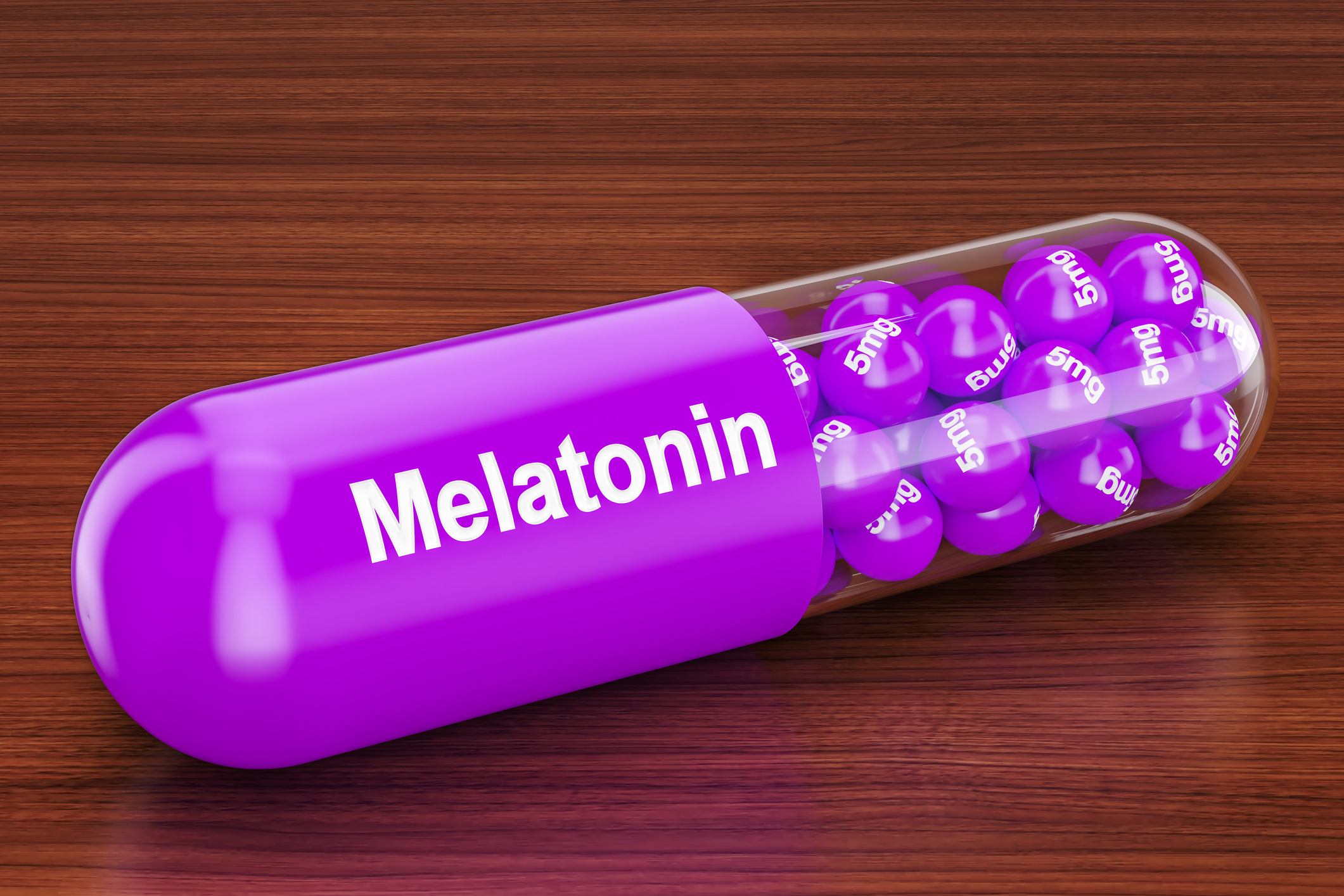Difficulty falling or staying asleep is a common problem for older adults which can lead to a poorer quality of life and has been linked with an increased risk for obesity, depression and cardiovascular disease. But sleep aids can be dangerous and may cause serious drug interactions or other adverse reactions; even “natural” supplements like melatonin should be used with caution.
According to a recent CTV News report, insomnia symptoms among Canadian adults increased by 42 percent from 2007 to 2015. It’s not unusual to experience difficulty sleeping during periods of stress; changes in living arrangements, loss of a spouse or retirement can disrupt sleep patterns. But if insomnia last longer than a few weeks or becomes a nightly difficulty, it may be time to talk with your doctor who can refer you to a sleep specialist. Medical treatment including psychological and behavioral therapy or sleep aids may be recommended.
Over-the-counter medications like melatonin, a natural hormone made by the body’s pineal gland, can be helpful but the supplement is unregulated and long-term effects have not been studied. The National Sleep Foundation recommends using the supplement under a doctor’s supervision and taking it at the proper time (before bed) to avoid daytime sleepiness. A typical dose of melatonin is between 1 and 3 milligrams which can elevate blood melatonin levels up to 20 times normal. It is best to start off with a very low dose of 0.2 mg and not exceed 10 mg while monitoring for side effects including daytime drowsiness, headaches, nausea and dizziness.
Other steps can be taken to help improve sleep without the use of medications which may pose health risks for older adults. Practice good sleep hygiene by keeping the bedroom cool, quiet and dark; free from distractions like televisions, laptops, tablets or smartphones. Experts recommend turning off screens an hour before bedtime and creating a nighttime ritual such as reading with a cup of decaffeinated tea, listening to music or taking a warm bath before heading to bed. Getting outdoors during the day for exposure to natural light can also be helping in preserving a healthy circadian rhythm. Finally, avoid long naps during the day and too much caffeine or alcohol at night which may interfere with a good night’s rest.
Learn more about aging, insomnia and sleep by following this link to the National Sleep Foundation website.






Add Your Voice
0 Comments
Join the Discussion